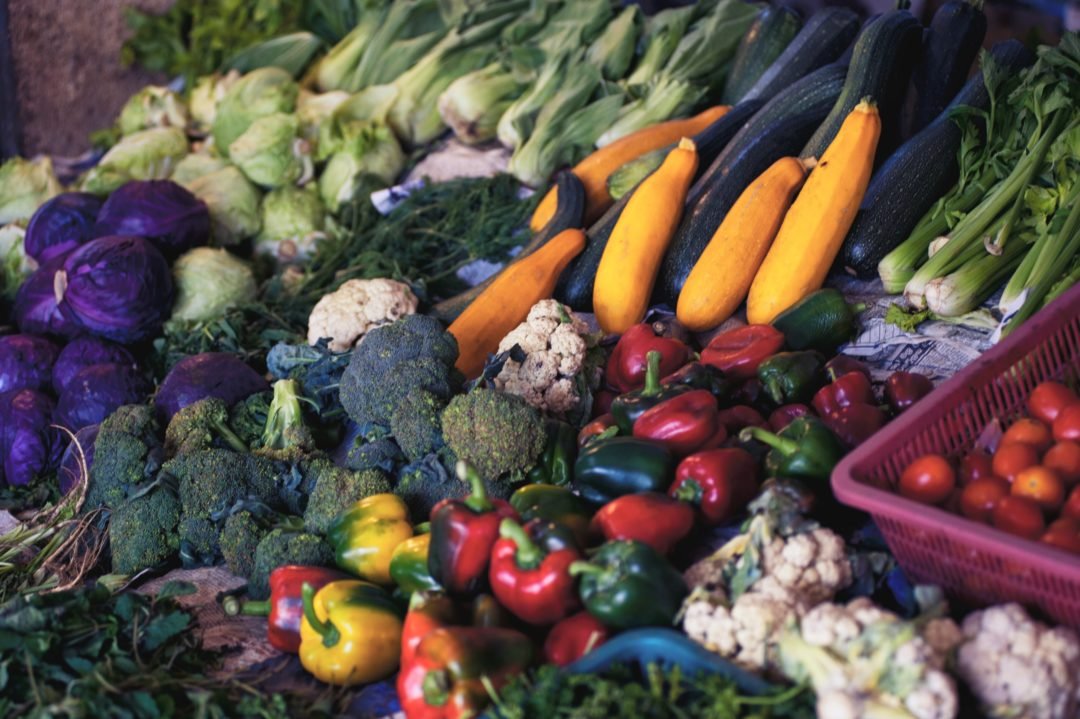Why do we want to pay any attention to the way we combine the foods we eat?
Our digestive tract is not designed to digest the complex foods that most of us combine together. There are very important reasons for learning to combine your foods correctly. Before the foods we eat can be absorbed through the intestinal tract and transported to the cells through the bloodstream, they must first be broken down into simpler biochemical forms. The key components necessary for this process are called enzymes.
Enzymes are the active elements in the digestive juices responsible for the proper biochemical breakdown and digestion of our food. These enzymes have specialized functions and definite limits in their capabilities. Different digestive enzymes are secreted for digesting specific types of food. For example, an enzyme that helps digest fats won’t break down proteins or carbohydrates. Likewise, an enzyme that digests carbohydrates won’t work on fats or proteins. The process our body uses for the digestion of proteins is different from the process used for the digestion of carbohydrates and starches.
By understanding that our digestive enzymes have specialized functions and biochemical limitations, it becomes obvious that our systems are not designed to digest numerous types of foods at the same time. Improperly combined foods are poorly digested and produce toxic metabolic byproducts. The buildup of these toxic byproducts in the body can be the source of many serious health problems.
Although changing our dietary habits can present a challenge, the rewards of vitality, health, and well-being are definitely worth the effort. There are remarkable benefits physically, emotionally, and mentally when we choose to cooperate with our body’s biochemical capabilities and follow the principles of proper food combining.
Protein
Proteins are one of the most abundant substances in the body. They are used in building and repairing tissues and are a most important factor in maintaining food health and vitality.
Proteins are composed of smaller substances called amino acids and are more complex than fat or carbohydrates. They are digested under the influence of the proteolytic (protein-splitting) enzymes pepsin and trypsin. Protein requires an acid medium in which to digest. Therefore, protein foods and starch/carbohydrate foods (which require a more alkaline medium for digestion) should be eaten at separate meals.
Fats slow down digestive processes, so it is better not to combine fats and protein at the same meal.
Becuase simple sugars (fruits, honey, and syrups, etc) are so quickly digested, they should not be eaten with protein, which requires a more complex and prolonged digestive process.
Carbohydrates/Starches
Carbohydrates are usually referred to as sugars and starches. The body converts all sugars and starches to simple sugars such as glucose for the immediate use by the body, and glycogen stored for energy in the liver. These simple sugars are used as a fuel for the muscles, nervous system, and brain.
Simple sugars, such as those found in honey and fruits, are easily digested. Starches, such as those found in whole grains, are more complex, having to be broken down into glucose. Cellulose, a carbohydrate found in the skin and fiber of fruits and vegetables, provides bulk for good intestinal functions and proper elimination.
The main enzymes involved in carbohydrate/starch digestion are salivary amylase called ptyalin and pancreatic amylase called amylopsin. Carbohydrate/starch foods require an alkaline medium for proper digestion. Therefore, eat protein foods which require an acid medium for digestion and carbohydrate/starch foods at separate meals. Becuase simple sugars such as fruits are so quickly digested, they should not be eaten with complex carbohydrates (grains, bread, or potatoes, etc), which require a more complex and prolonged digestive process.
Consumption of refined carbohydrate foods such as white flour products, white sugar, candy, and other “junk foods” can cause toxicity and vitamin/mineral deficiencies in the body and can lead to serious health problems.
Fats/Oils
Fats (a.k.a lipids) are the most concentrated source of energy in the diet. They are compounds of carbon, hydrogen, and oxygen, which are the same elements found in carbohydrates but present in different combinations and proportions.
Along with providing energy, fats serve as the carriers for the fat-soluble vitamins (vitamin A, D, E, and K). Fats are an integral part of the process through which calcium is made available to the tissues of the body. They are also important for helping the body convert carotene to vitamin A.
Under the influence of lipases (fat-splitting enzymes), which are secreted by the pancreas, fats and oils are broken down into glycerol and fatty acids. Fatty acids are necessary for normal growth and for healthy blood, arteries, and nerves. Glycerol is converted in the liver into glucose or glycogen to be used as fuel for energy.
Oils are similar to fats but are usually liquid at room temperature. Fats and oils tend to slow down and inhibit digestion. Therefore, it is best to avoid eating fats and proteins at the same meal.
Reference:
Arvigo Techniques of Maya Abdominal Therapy Professional Care Level 2 (pg118-119)
[Based on the work of Herbert Shelton, ND]

